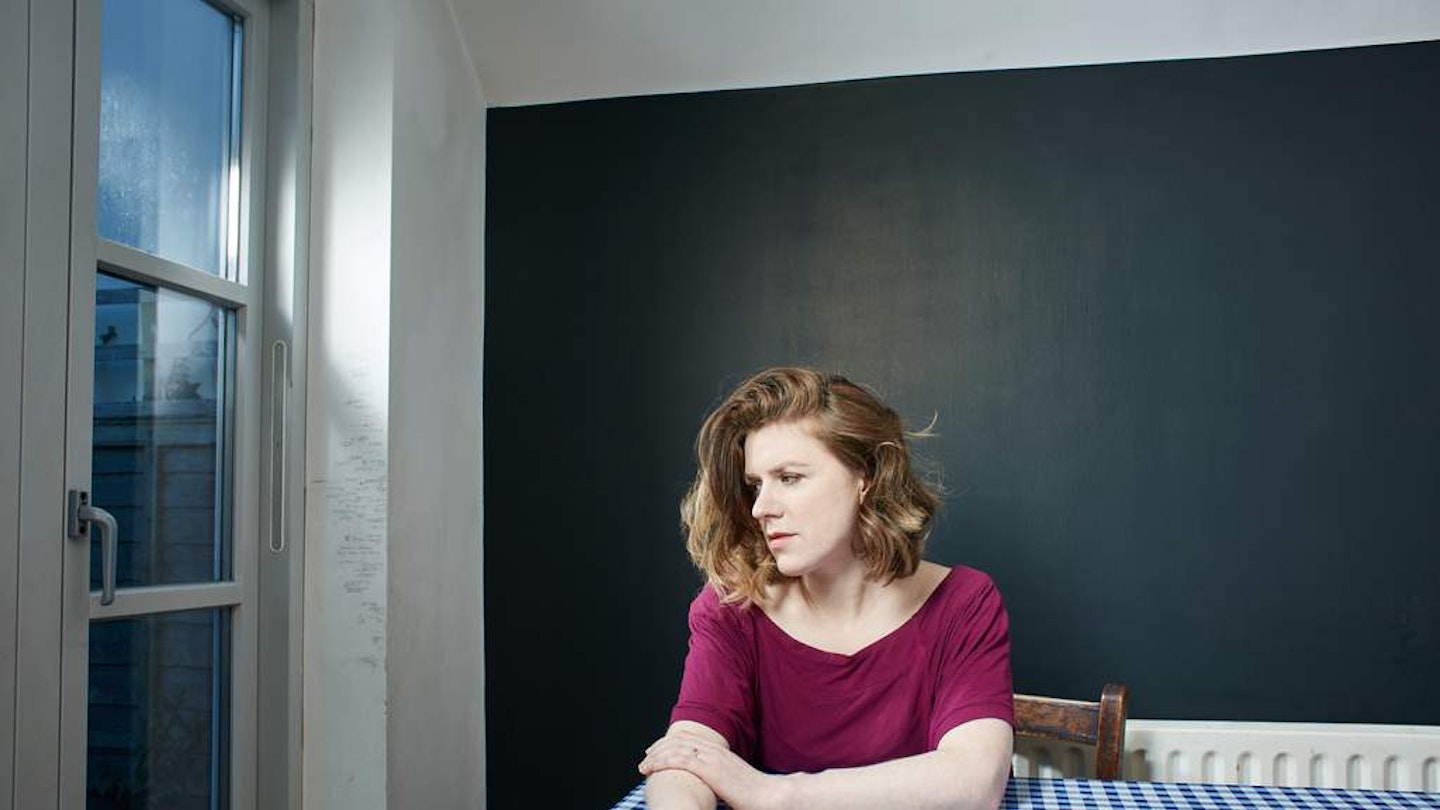‘I had an abortion a while ago. And a miscarriage last year.' My voice echoed in the darkness as the sonographer passed a probe over my abdomen. I was answering her question. She had just asked if this was my first pregnancy. Her hand paused and she leant towards me. ‘You do know,’ she said kindly, ‘that those two things aren’t related?’
I remember that conversation well, even though it happened several years ago now. I was 34, and nervous at 12-weeks pregnant. Back in my twenties, when pregnancy was something to be avoided at all costs, I’d bumbled through with a mixture of condoms and the Pill. Like many, I’d survived the odd split condom and the pee-on-an-expensive-stick false alarm. Despite having regular periods and being of prime reproductive age, getting away with all of this had made me feel pretty invincible. I never thought of myself as someone who’d get accidentally pregnant.
And, on the remote chance that it did happen, I’d always thought that I’d have the baby. I was, I felt, a maternal, nurturing kind of person. Good that abortion was available, but I’d never have one. It seemed as clear as black and white. But then it happened to me. I became a statistic. It’s often said that one in three women in the UK will have an abortion. The figures are hard to pin down precisely, but even if it’s in the roughest sense, they’re telling. Basically, if you haven’t had an abortion, it’s likely that the woman on the train next to you has. Or your sister, your grandmother, or your boss.
I was 26 and in a precarious on-off relationship. It was both our faults. Away from the UK on a mini-break, we’d also been away from each other for a while – we jumped into bed, and were careless. Too embarrassed to ask about emergency contraception while abroad, I waited until I was back at Heathrow and went to the airport pharmacy. The morning-after pill, as the packet says, becomes less effective if you take it two mornings later.
I still remember the day I went into the centre of town to buy a pregnancy test. It was the month of the annual fair, and the noise of the rides and the lights seemed to echo the panic in my mind. Back in my room, I looked at the stick and there, undeniably, were two deep blue lines. The timing was bad. I was in debt. My living arrangements were pretty sketchy – a tiny room in a shared house. And I had plans for my future. I was trying to finish a degree, chasing the academic career I’d always dreamed of.
After seeking counselling, and many conversations, I decided not to continue with the pregnancy. But while I knew I didn’t want to have a child, I was torn up by the idea of what not having one would involve. The process itself – a chemical abortion – wasn’t easy. Nor were my feelings, and I ended our already precarious relationship on the same day. What I found most challenging, though, was the silence. Given that the abortion had been my choice, I felt I had no right to feel any sadness and confided in only a couple of friends. Abortion, I’ve found, is not the sort of thing people generally talk about in any case. Not from a personal angle, anyway.
Fast-forward seven years, and there I was in the sonographer’s room, happily married and pregnant with a much-wanted child. The recent miscarriage still preyed on my mind. But as far as I was concerned, the abortion was ancient history. Best forgotten. This was a different time. A different relationship. What I found out, over those nine months, was that there’s no way of being pregnant without carrying your own personal history of pregnancy with you. It’s partly a practical matter. Every form you fill in, every question, every scan you have, requires you to talk about your obstetric past. But it’s also about emotions. What struck me, when pregnant again, was that the abortion would always be a ghost in my life – and how friendly or frightening a ghost rather depended on how much it had to be kept in the dark.
I was always fiercely pro-choice. I’m so glad I live in a country in which women have the choice and power over their own bodies. What has changed, though, is my black-and-white perspective on what kind of a person might have an abortion. The truth is, there is no one ‘kind’. And having had an abortion says nothing about my capacity to be a good mother.
What’s also changed is my desire to be open about something that is crucial to so many women. My experience of different kinds of motherhood – paths taken, paths not taken – has alerted me to the complexity of what it means to have a womb. All of my experiences are part of the life I live, a life that is not black and white but full of complex dimensions and decisions. My abortion is part of that life story.
‘The Lost Properties Of Love: An Exhibition Of Myself ’ by Sophie Ratcliffe (£16.99, William Collins) is out now
